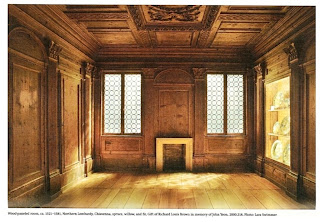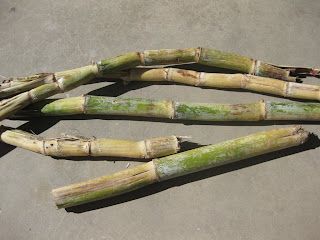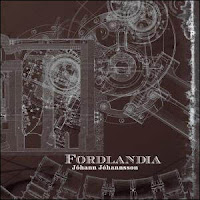
We were shopping the other day in our nearby grocery store and this magazine caught my eye:
Lapham’s Quarterly: Ways of Learning. I bought it and am glad I did. The quarterly contains over 200 pieces (often excerpted from larger works) that focus on education and learning. The roster of contributors is varied and includes Plato, Thomas Jefferson, Helen Keller, Leonardo Da Vinci, Confucius and Salvador Dalí to name a few. I wasn't familiar with many of the contributors and that is half the fun: any one of the pieces is a jumping off point for further exploration. The quarterly is worth it, if not to get some exposure to different voices throughout history.
The forward by editor Lewis Lapham lays out the theme of the issue: the state of education past and present as viewed by authors “whose writings have passed the test of time.” The lead off quote by
Plutarch states succinctly one of the ways educations could and has gone wrong: “The mind is not a vessel to be filled but a fire to be kindled.” While some of the writing gives advice, most of the pieces are stories of individuals in, out, and around the educational system. You the reader are left to draw your own conclusions. One story in particular that demonstrates this is an excerpt by
Helen Keller (1880 – 1968):
The Story of My Life. In the excerpt Keller describes how her first teacher Anne Sullivan spelled words into her hand (
fingerspelling) and the transformative effect that had on her – the naming of things and the fire that kindled in her to then know all the names of things. Keller became deaf, blind, and mute after contracting an illness as an infant.
One theme that arises often in the quarterly is an idea raised in the 1905 essay
The Ph.D. Octopus by
William James (1842 – 1910): that our educational system often emphasizes the diploma as the best measure of future instructor’s capability, an idea in which James takes issue. In the essay (also included in the quarterly) James tells the story of a man who becomes a professor but didn’t have a Ph.D. and how that caused a bit of a scandal at the time. James advises that we must keep in check the hold of the Ph.D. Octopus upon American life.
The quarterly includes a funny excerpt from Anders Henriksson’s book,
Non Campus Mentis, where he assembles “historical” writings from college exams and term papers to create a new kind of history. The essay starts as: “Civilization woozed out of the Nile about 300,000 years ago. The Nile was a river that had some water in it. Every year it would flood and irritate the land.”
For a description of the quarterly in Lapham’s own words, there is an ABC (Australian Broadcast Corporation)
interview that is informative.




















